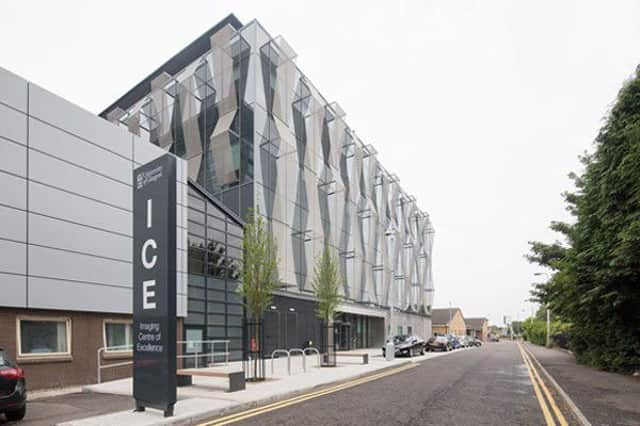How Glasgow University and AstraZeneca are driving forward life sciences innovation


As well as their innovative Imaging Centre of Excellence (ICE) and the Queen Elizabeth Hospital, Glasgow University is also working with AstraZeneca to further the links between academia and industry
In 2013 it was announced that Glasgow University was set to launch an ambitious new research collaboration with AstraZeneca, an Anglo–Swedish multinational pharmaceutical and bio-pharmaceutical company.
Advertisement
Hide AdAdvertisement
Hide AdProfessor Carl S. Goodyear , director of GLAZgo Discovery Centre, explains the thinking behind the collaboration: “The whole premise behind it was to create a place where academics and industry scientists could come together, have new ideas and ask specific questions which would be relevant towards translational research, so we could work on new drugs. It is about understanding disease pathogenesis and how we can use that to get to a point where we are helping patients. And that might be through discovering new drug pathways or taking pathways that are known in one particular setting and contextualising them into a different setting and seeing whether they would be relevant in some of the diseases that we are interested in.”
What is the GLAZgo Discovery Unit focusing on?
“The interaction we have in the Glasgow Discovery Centre is based around inflammation based research and that includes respiratory problems such as Chronic Obstructive Pulmonary Disease (COPD), asthma, and we have a big interest in rheumatoid arthritis and the rheumatoid disease, which are heavily inflammation involved. We are focusing on further understanding all the particular diseases and trying to see if we can do collaborative research that will eventually help patients,” Professor Carl Goodyear continues.
“In addition to the collaboration, what we also wanted to do - and have been working on for years by building up the infrastructure - is to train new scientists to think this way. So we have our researchers and PHD students but we are also interacting with AstraZeneca and their internal post op programme, and we have been able to create collaborations through that.”
What does the future hold?
“More recently we have been lucky enough to get a BBSRC grant, which was given with mobility in mind. And by that I mean the mobility of staff from Glasgow University to travel to AstraZeneca and vice versa. This allows us to continue to share ideas and further our ongoing knowledge exchange. The collaboration with the University and AstraZeneca, in the formation of the GLAZgo Discovery Unit, is really is a close one that we have built up now over the years. It facilitates interactions and the sharing of knowledge that will ultimately result in better drugs for patients who suffer from our targeted diseases.”
